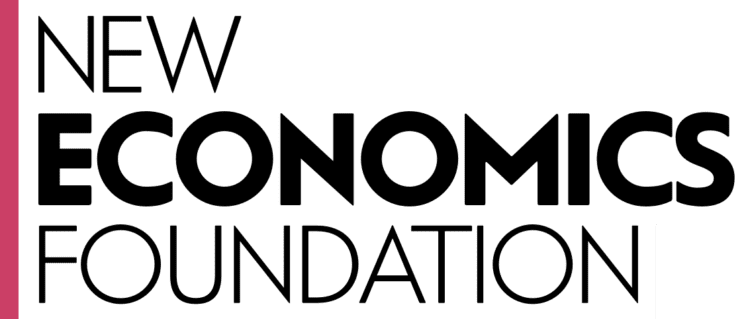Background
In 2020, the MSC commissioned NEF Consulting to explore the potential socioeconomic impacts that occur as a result of MSC certification.
The research focused on two UK fisheries: Cornish hake and Cornish sardine. The study offered promising new insights into the social and economic benefits experienced by MSC certified fisheries, including evidence of a price premium for MSC certified Cornish hake.
To build on this work and expand to a new geographic region, the MSC commissioned a second socioeconomic study, this time exploring the potential socioeconomic impacts of MSC certification in the Scottish haddock fishery. They selected the Scottish Fisheries Sustainability Accreditation Group white fish fishery (SFSAG Northern demersal stocks) as a case study.
The aim was to understand whether the fishery had experienced price premiums, price stability, improved market access or other social or economic outcomes since becoming MSC certified in 2010 by combining stakeholder interviews with an economic analysis of quayside prices.
Approach
Independent consultants interviewed nine stakeholders comprising fishers, processors, vessel managers and members of fishery management and public bodies. Interview questions examined the perceived and realised socioeconomic benefits of MSC certification, as well as exploring the challenges faced and lessons learned through the certification process.
NEF Consulting conducted the economic analysis, as described below.
Economic analysis
NEF Consulting applied an analysis of the Marine Management Organisation’s (MMO) annual sea fisheries statistics to one species under the SFSAG (Scottish Fisheries Sustainable Accreditation Group), Northern Demersal Stocks: haddock. We used these data to explore landing weight and value of the catch, and to calculate quayside price per kilogram. The MSC haddock fishery was compared with a control group that did not have MSC certification. We visually examined price trends to observe any differences between the groups and applied the difference-in-difference (DiD) statistical technique. This statistical analysis tool offered insights as to whether MSC certification might have had an impact.
Key insights from the economic analysis
- Landing volumes and values in both the MSC group and control group did not follow a clear trend in the years following MSC certification.
- For SFSAG haddock, there was a brief rise in landings up to 2013 followed by a year-on-year decline to 2021.
- SFSAG haddock prices rose during the time period but remained lower than the control group.
- In the years following MSC certification, the control group saw a greater increase in price compared to SFSAG haddock. However it is worth noting that the volume of haddock landed by SFSAG is considerably higher than that of the control group.
- Following certification, SFSAG haddock prices remained more stable compared to the control group, which experienced high levels of fluctuations across the time period.
